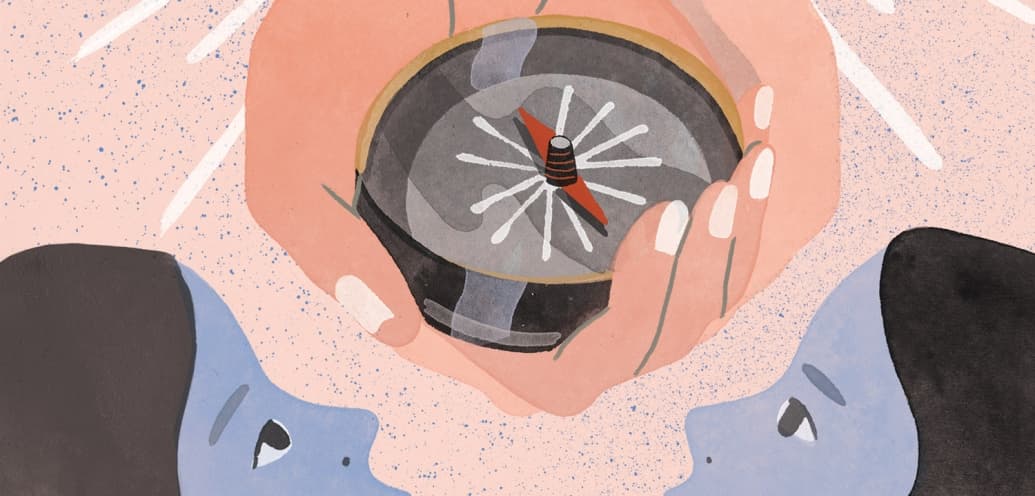When I was in fifth grade, I was something of an odd bird. New at my school and struggling to find my place, I tried to assert myself as a smart and opinionated tween with more-than residual baby fat and gap teeth. I was swiftly rejected — at least it felt that way. It didn’t seem to matter that we were cocooned in a Christian school in squeaky clean Highlands Ranch, Colorado. From my perspective, it was a hard-knock situation. When we shared prayer requests as a class each morning, my unspoken request was that the class would finally wise up and make me popular.
But there was another boy in my class who was the target of true meanness. He wore the same pants most days, he struggled to keep up in math, and he had not one constant friend. I never saw him be unkind, but I did see him be uncool. So in my fifth-grade self-preservation mode, I avoided him, thinking I could not afford to go down one rung further on the social ladder.
Well, our teacher noticed. One day she sent him on an “errand” that kept him away long enough for her to completely shut down this nastiness. To my horror, she had actually noticed the unsubtle way people moved away from him when we lined up for recess. She noticed how he was reliably picked last in every miserable game of kickball. She noticed our sneering when he failed to understand decimals. And I was among the sneerers! Somehow I was a mean kid too, even when all I wanted was to be included and known, even when I knew how rotten it felt to be excluded.
Mrs. Phillips laid down the law of kindness so hard and so fast, I have never forgotten it. Not only did she show us just how mean we had been, she showed us how important it was for us to change it immediately. She firmly announced: This garbage is over. This is not even a tiny bit who we are as learners, let alone as a community of faith. She reminded us of all the people Jesus loved, many of whom were well outside the boundary of who was cool in Galilee. We felt ashamed, we were silent, and then he came back from his errand and we started being kinder. That minute.
I still can’t completely figure out how we went from being royal punks to knowing we had to be better. Maybe repentance can be that quick when you see your sin so plainly — but she knew how to help us flip the switch and we did. We really did.
In recent months, the stories of how some of our nation’s youngest students have treated one another have been gut-wrenching to me (to say nothing of bold acts of violence by adults). But I am taking some measure of comfort knowing they happened in the sacred space called school. Because all those students? The ones scribbling swastikas in bathroom stalls and singing cruel chants about deportation? They are under the good, fierce guidance and care of teachers. And like Mrs. Phillips did for my fifth-grade class, those teachers have the power to do their best to shut this garbage down.
As I embark on my own journey as an educator, this truth gives me deep comfort. We can comfort the kids who fear they will never see their parents again. We can protect the kids whose churches and mosques burn. We cannot tolerate the taking of another human’s life. We can acknowledge that these forms of violence aren’t new, either. We can also nurture and guide and teach the kids whose families are not modeling civility. Just like teachers always do. I don’t think it’s a teacher’s job to be the entire world’s moral compass, but I think they end up being one anyway.
So as a teacher, I will proclaim the everlasting truths of unyielding kindness and unconditional love, in Jesus’ name. I lament the cruelty that some Americans have been showing one another, but I see hope in the leadership of those who know what it means to show up and model steadfast love. I’m doing my best to be among them.

Holly Harris Wood ’07 lives in Hong Kong and is earning her master of arts in teaching through Seattle Pacific University’s Alternate Routes to Certification program. This piece was adapted from her blog,
literallyhollywood.com.




